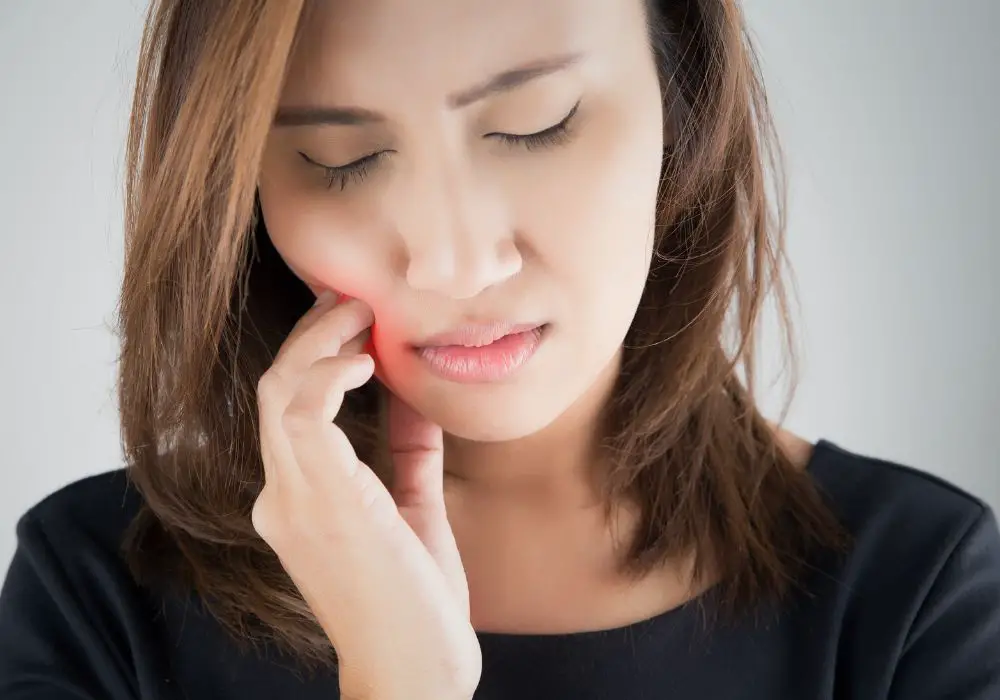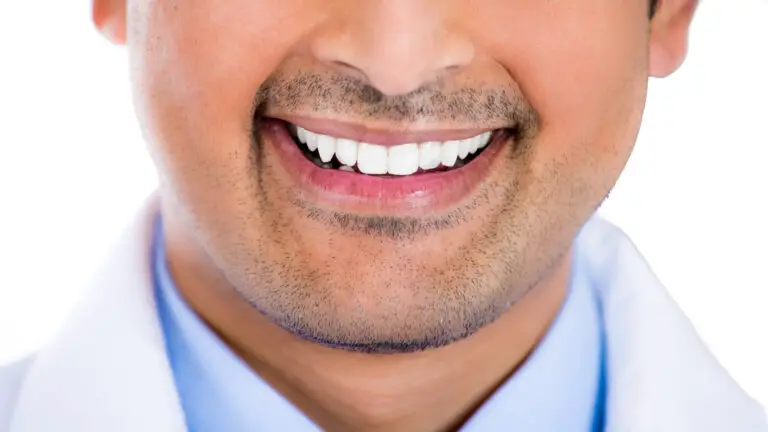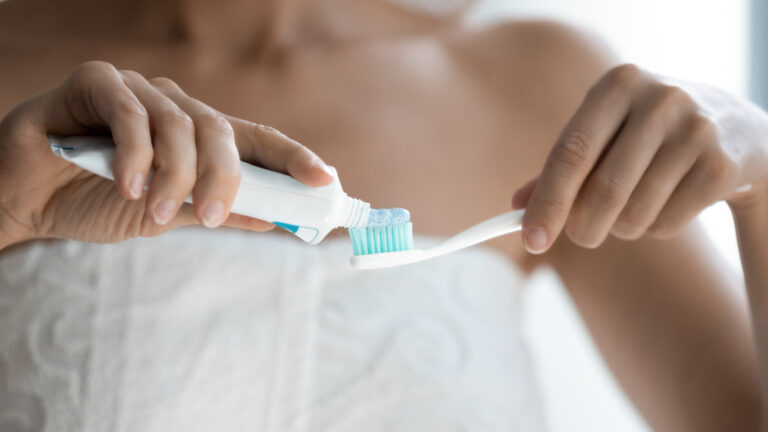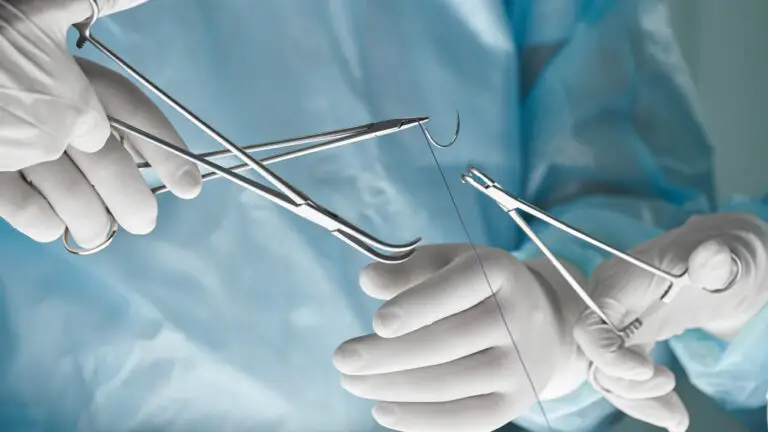Toothaches are an unpleasant experience that most people want to avoid. But what if your emotional health is contributing to dental discomfort? There appears to be an intricate connection between mental wellbeing and oral health. Stress, anxiety and depression may act as risk factors for tooth sensitivity and dental pain.
This in-depth article examines the potential links between feeling stressed or down and developing toothaches. We’ll explore the mechanisms connecting emotional health to dental issues. You’ll also find tips to mitigate toothaches by caring for both your mind and mouth.
Understanding the Mind-Mouth Interplay

The relationship between emotions and teeth may stem from complex interactions between the mind and body. Here’s an overview of the possible ways stress and depression can lead to toothaches:
The Gut-Brain-Mouth Axis
Emerging research reveals a three-way communication system between the gut, brain and oral cavity called the microbiome-gut-brain axis. The bacteria in your mouth communicate with your gut microbes. They also interact with your brain.
When you experience chronic stress or depression, it can dysregulate this axis. Harmful inflammation increases throughout the body. Changes in gut bacteria affect oral bacteria. This makes the environment in your mouth more prone to disease-causing microbes. Your teeth become more susceptible to decay and infection.
Impacts on Saliva
Saliva helps cleanse and protect the teeth. Some antidepressants and anti-anxiety medications reduce saliva flow. A study found that people taking selective serotonin reuptake inhibitors (SSRIs) long-term were more than three times as likely to develop dry mouth. Reduced saliva leaves the teeth vulnerable to cavities and gum problems, which can cause toothaches.
Effects of Stress Hormones
Being stressed activates your body’s fight-or-flight response. Stress hormones like cortisol flood your system. These hormones can have negative effects in high amounts over long periods. Research indicates chronically elevated cortisol may dampen the immune system and trigger chronic inflammation. A weakened immune system leaves your mouth more prone to pain-causing infections and dental diseases.
Oral Hygiene Habits Decline
Stress, anxiety and depression drain mental energy and motivation for self-care. Brushing and flossing can slip down the priority list. A study found that people with major depressive disorder had poorer oral hygiene habits. They were nearly twice as likely to never floss their teeth. Poor hygiene allows plaque to build up which can lead to gum disease, dental decay and toothaches.
Increased Teeth Grinding and Clenching
Many people grind or clench their teeth more when stressed, a condition called bruxism. Studies indicate bruxism is strongly associated with psychosocial factors like anxiety and stress sensitivity. Excessive pressure from clenching and grinding wears down tooth enamel. It also stresses the muscles and joints in the jaw leading to pain.
Lower Pain Threshold
Experiencing emotional distress may lower your overall pain tolerance. Depression is linked with increased inflammation which can enhance pain sensitivity. Stress can make people more focused on physical discomfort. With a lower threshold, existing dental problems are more likely to be perceived as painful.
Somatization of Mental Distress
Sometimes emotional suffering expresses itself as physical ailments, including tooth pain. The technical term is somatization. Mental health experts used to view this as psychosomatic. But brain imaging now shows tangible changes in how brains process pain when people have psychiatric issues like depression. The links between mind and mouth are complex but real.
While a direct causal pathway is difficult to pinpoint, these diverse mechanisms demonstrate how challenges with emotional health may increase susceptibility to dental pain. Recognizing this mind-mouth interplay is the first step to addressing toothaches exacerbated by mental distress.
Potential Consequences of Unresolved Dental Pain
Toothaches left untreated can negatively impact both oral and overall health. Some potential consequences include:
- Infection – Dental infections from cavities or gum disease can spread to other areas of the head and neck leading to more severe complications.
- Tooth Loss – Extreme dental decay can destroy the tooth structure leading to extractions.
- Nutrition Issues – Dental pain may cause people to avoid certain foods, leading to poor nutrition.
- Sleep Disruption – Toothaches frequently interfere with sleep due to the discomfort. Lack of sleep compounds stress issues.
- School/Work Absenteeism – Children and adults often miss school or work when dealing with untreated dental pain. This contributes to lost productivity.
- Poor Self-Esteem – Missing, damaged or unsightly teeth can lower self-confidence and affect social interactions.
- Higher Medical Costs – Preventing dental issues is far less expensive than complex treatments for advanced cases with abscesses, tooth loss, etc.
Catching and addressing tooth pain early on improves outcomes and keeps additional health consequences at bay.
Lifestyle Remedies for Stress-Related Toothaches

Certain proactive daily practices can help prevent or minimize tooth discomfort resulting from high stress and emotional struggles:
Practice stress relief – Relaxation techniques like deep breathing, meditation, yoga, and progressive muscle relaxation help reduce your body’s stress response. Limit stressors when possible and find healthy ways to cope emotionally. Getting anxiety and depression under control goes a long way to reducing associated dental pain.
Focus on good sleep habits – Getting enough high-quality sleep helps the body and mind recharge. Aim for 7-9 hours per night and adopt healthy sleep hygiene habits. Consult your doctor if you are dealing with insomnia or other issues.
Maintain oral hygiene routines – Brush thoroughly twice a day and floss once daily. Use plaque-disclosing products to identify areas you may be missing. Set reminders if needed to stay consistent with oral care even when you’re feeling down. See your dentist at least every 6 months.
Avoid teeth-grinding triggers – Reduce or eliminate sources of stress that prompt you to clench or grind your teeth like work pressures or relationship issues. Limit caffeine intake which can increase grinding behaviors. Ask your dentist about a nightguard to protect your teeth from this damage during sleep.
Increase immunity-boosting behaviors – Eat a balanced diet full of antioxidant-rich fruits and vegetables. Take vitamin supplements if recommended by your healthcare providers. Stay active with regular exercise appropriate for your fitness level. These steps help strengthen your immune system to resist dental infections.
Professional Treatment Options for Toothaches
While lifestyle measures help reduce pain risks, it’s still important to promptly seek professional care if you notice a toothache. Dentists have a range of options to diagnose and treat different sources of tooth pain:
- Dental exam – The dentist will check for visual signs of problems like cavities or cracked teeth and may order x-rays to get a complete picture. They can determine if the pain stems from a dental issue or another cause.
- Plaque and tartar removal – Professional cleanings remove disease-causing buildup that you can’t eliminate just by brushing and flossing. This helps resolve gum irritation and inflammation that could be causing discomfort.
- Fillings – Small decayed areas can often be repaired with tooth-colored fillings. This prevents more extensive damage.
- Root canal therapy – Severe tooth decay or trauma often requires root canal treatment. Damaged pulp is removed and the tooth interior cleaned and sealed to save the tooth.
- Medications or bite splints – For jaw, muscle or TMJ pain from excessive clenching and grinding, medications or bite splints may provide relief. Physical therapy can also help strengthen mastication muscles.
- Tooth extraction – If decay is too advanced, the damaged tooth may need to be removed to prevent infection. Your dentist can discuss options for replacing the missing tooth like implants, bridges or partial dentures.
- Referrals – Your dentist may refer you to an endodontist for root canals or oral surgeon for extractions if needed. They may also suggest seeing a counselor or doctor to help manage contributing stress and depression.
Seeking prompt professional treatment can help resolve the immediate dental issues causing your tooth pain while also identifying any needed ongoing care. Be sure to discuss all your symptoms and concerns openly with the dentist.
Putting It All Together: Managing Toothaches Holistically

The mouth and mind share various interconnections that allow emotional health problems to manifest as dental pain. Toothaches linked to high stress and depression likely stem from some combination of factors including:
- Reduced oral hygiene diligence
- Increased teeth grinding and clenching
- Dampened immune response
- Oral dryness and reduced saliva
- Lowered pain threshold
- Inflammation effects on nerves
- Somatization of mental distress
While the exact pathways are still being mapped out, researchers agree biologic mechanisms allow psychological states to influence dental health.
Therefore, a holistic treatment approach addresses both mental and oral wellbeing. Seeing a counselor or doctor can help you learn to manage emotional struggles with stress, anxiety and depression. Improving those conditions reduces your toothache risks. But you still must see a dentist promptly if you do experience any tooth pain or dental issues. Professional dental care resolves the immediate problems and prevents cascading complications.
Practicing daily stress relief, getting sufficient sleep, keeping up oral hygiene habits, and having regular dental visits combine to minimize toothaches and their impacts. Paying attention to both your emotional health and dental health helps you break the cycle of mental distress and dental discomfort feeding each other. With awareness of the connections, you can take control of your whole body health, from mind to mouth.
Frequently Asked Questions
Here are some common questions about the links between stress, depression and tooth pain along with brief answers:
Can being stressed cause tooth pain even if you don’t have cavities?
Yes, stress can contribute to toothaches even without dental decay. Stress may increase teeth grinding and clenching which can cause pain from joint/muscle strain. Stress also affects pain perception pathways.
If I get treated for depression, will my toothaches get better?
Treating depression can definitely help minimize toothaches but usually doesn’t make dental pain immediately disappear. Managing emotional health helps you care for your teeth better consistently. Underlying dental causes still require treatment.
Can dental issues like an abscess cause people to feel stressed and anxious?
Yes, dealing with dental pain and problems can be a significant source of stress. Dental infections release inflammatory compounds that may directly affect mood as well. So dental health impacts mental health and vice versa.
I hate going to the dentist, could avoiding checkups make my toothaches worse?
Avoiding the dentist due to anxiety allows minor problems to worsen, so managing dental anxiety is important. Tell your dentist you feel anxious so they can help you feel calmer and more comfortable during cleanings and procedures.
If I am too depressed to brush my teeth, can I just have them all pulled?
Having teeth extracted without trying to improve home care and treat issues like decay can lead to serious long-term impacts on nutrition, speech, and self-esteem. Work on your emotional health with a professional so you feel up to proper dental hygiene.
The Bottom Line
Research confirms important interrelationships exist between your mental health and dental health. feeling stressed, anxious or depressed can manifest as tooth sensitivity and pain in some individuals. The causes likely involve a combination of biological factors.
When emotional struggles and dental issues become linked, a vicious cycle can develop. Dental pain causes stress while mental distress increases toothache risks. Breaking this cycle requires addressing both aspects. Improve emotional health through stress management skills and treatment from a doctor or counselor. See your dentist promptly for any tooth pain or dental problems so they can be resolved before they worsen.
Prioritizing daily self-care habits like oral hygiene, getting good sleep, following a balanced diet, exercising, and relaxing also helps minimize tooth pain risks associated with high stress and emotional health conditions like depression. With diligent simultaneous attention to mental wellbeing and dental health, most people can avoid toothaches resulting from feeling stressed out or down.







